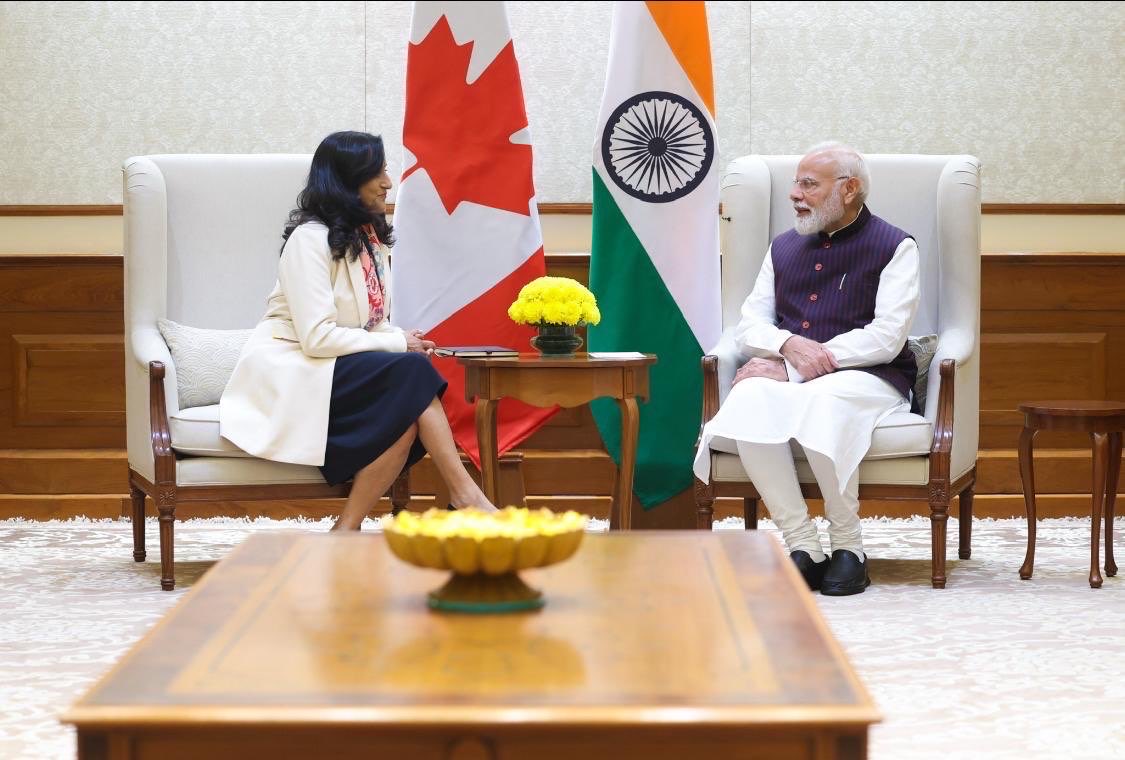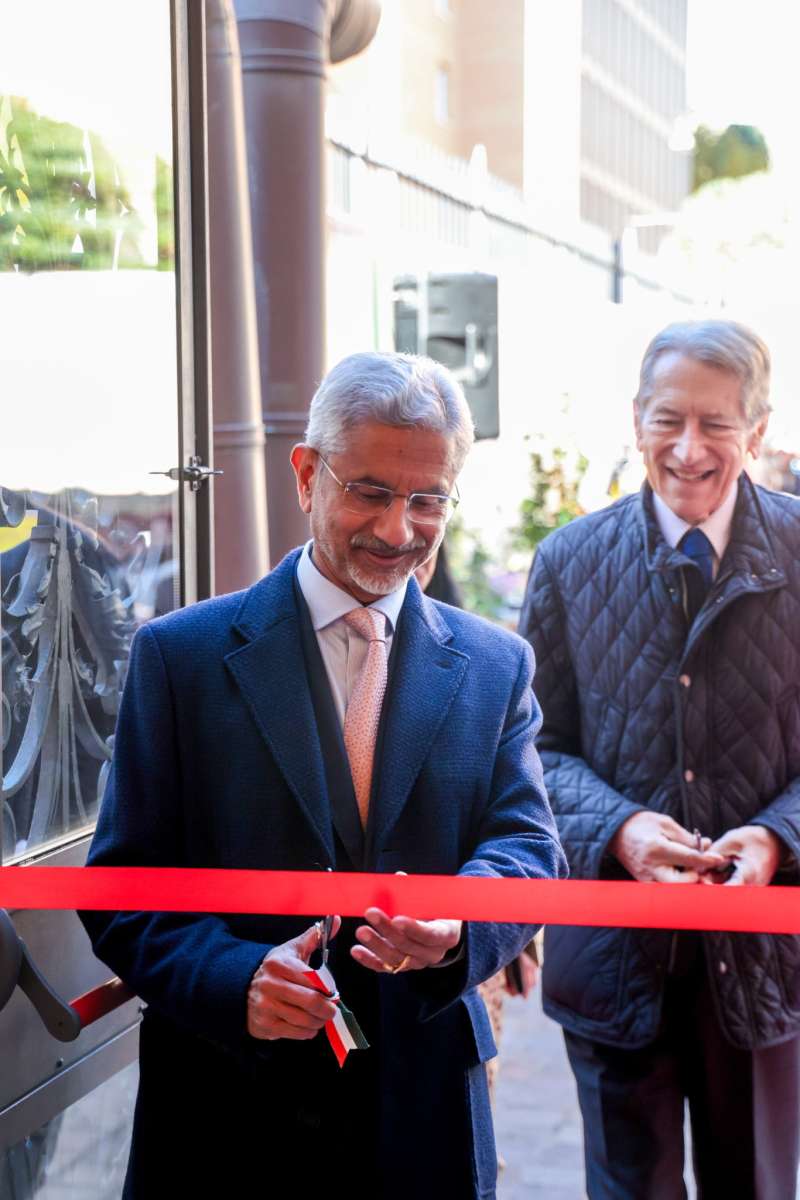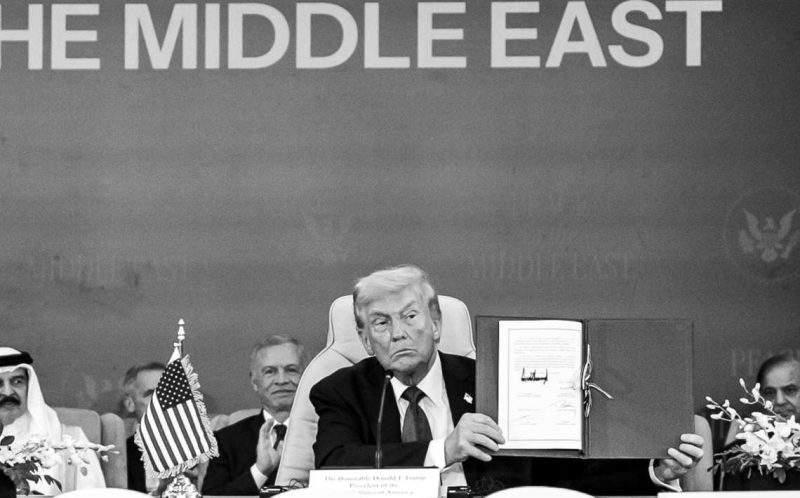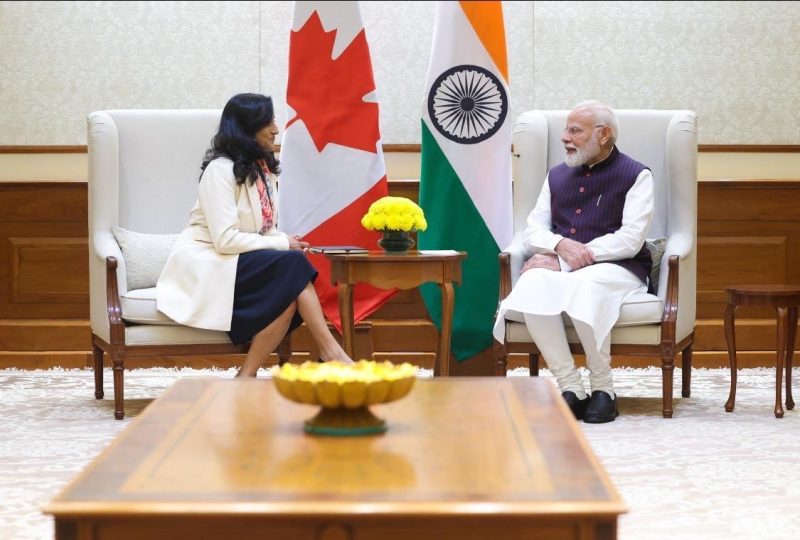The summons, linked to allegations of bribes for lucrative solar power contracts, was filed in a New York court on November 21….reports Asian Lite News
The US Securities and Exchange Commission (SEC) will need to follow diplomatic protocols to summon Adani Group Chairman Gautam Adani and his nephew Sagar Adani in a $265 million bribery case, sources said.
The SEC, which lacks jurisdiction to directly serve foreign nationals, must route the request through the Indian Embassy and adhere to international legal agreements such as the Hague Convention and the US-India Mutual Legal Assistance Treaty.
The summons, linked to allegations of bribes for lucrative solar power contracts, was filed in a New York court on November 21.
It mandates a response within 21 days of receipt, warning of a default judgment for non-compliance. However, no summons have yet been served, and the process is expected to take time.
The SEC and the US Department of Justice allege that Gautam Adani, 62, Sagar Adani, and others paid bribes between 2020 and 2024 to secure solar energy contracts projected to generate $2 billion in profits over 20 years.
The Adani Group, accused of raising $2 billion on false anti-bribery claims, has denied the allegations, emphasising its commitment to compliance and governance standards.
The indictment includes charges against Cyril Cabanes of Azure Power Global and claims that investigations were obstructed since they began in 2022.
Prosecutors allege the scheme involved bribing Indian officials and misleading US investors, with US Attorney Breon Peace vowing to combat international corruption and protect market integrity.
The Adani Group plans to exhaust all legal resources in defence against the charges.
Meanwhile, weighing in on the bribery allegations against the Adani Group by US prosecutors and its market regulator, former foreign secretary Kanwal Sibal argued on Sunday that these allegations represented an extraterritorial application of US laws.
In a post on X, Sibal argued that simply because some money was raised in the US by a company and that company allegedly paid bribes in India, it cannot be argued that the principal cause of action lies in the US.
“Have US investors lost financially or morally?” Sibal questioned.
Sibal argued that legal route should be taken if charges are proved after investigation. He suggested that the case should be transferred to India with all the evidence, including how the electronic information including details of company meetings in India, were obtained.
“It would then be for the Indian administrative and judicial processes to take appropriate action. Rejecting the extraterritorial application of US laws does not mean shielding an Indian industrialist from legal action. The issue is one of national sovereignty,” Kanwal Sibal explained.
In a pointed critique, Sibal noted that the moral posturing of the US District Attorney sounds comical, with so many financial, business, and moral infirmities within the US system.
“Robert Kennedy Jr who will be a Minister in the Trump administration has publicly accused the Biden government and US defence companies of large-scale money laundering in supplying billions worth of arms to Ukraine. The moral posturing of the US District Attorney who wants to clean up the international market place sounds comical with so many financial, business, and moral infirmities within the US system,” he argued in his post.
ALSO READ: India Gate Spices Up Its Game














